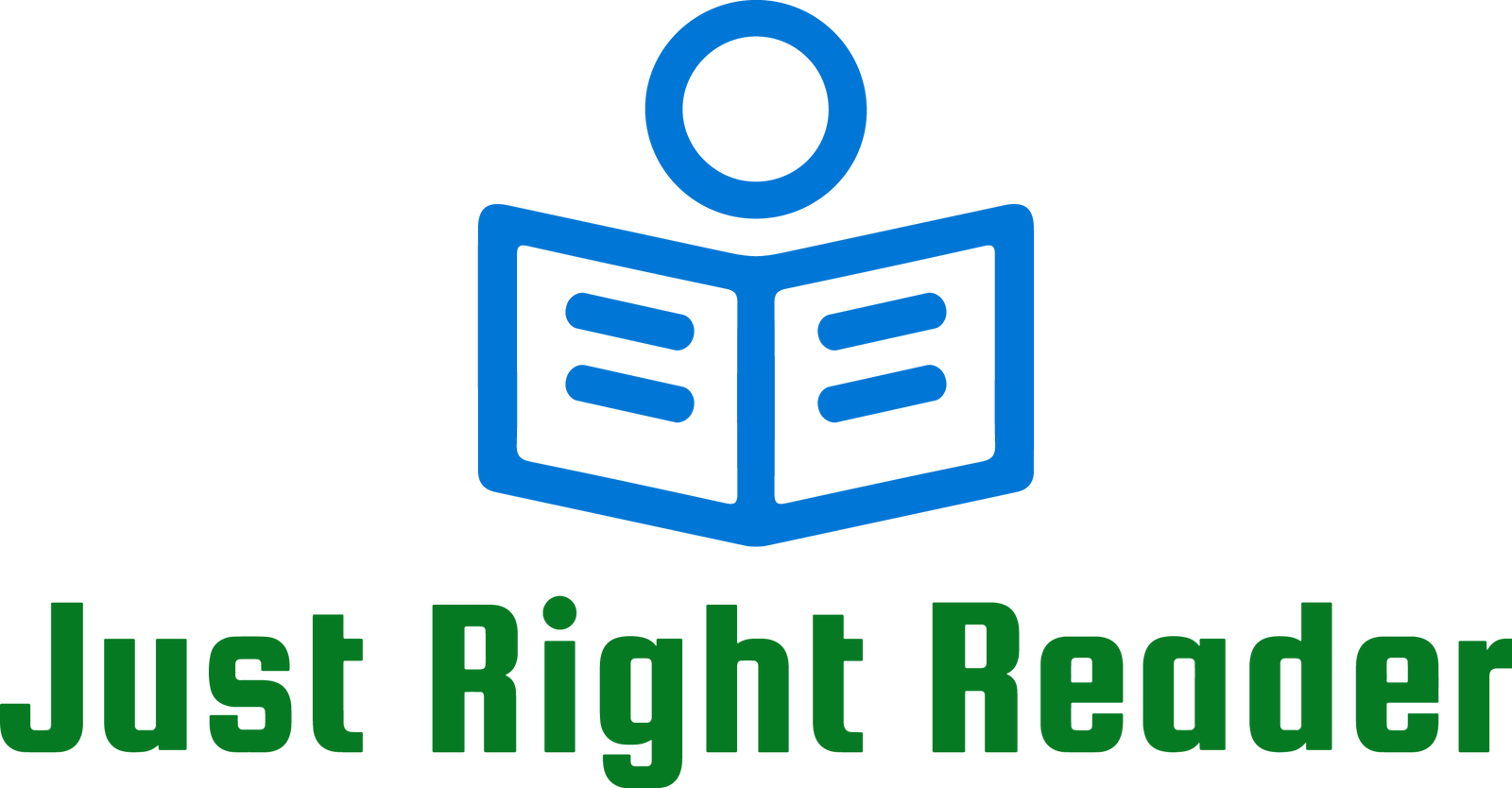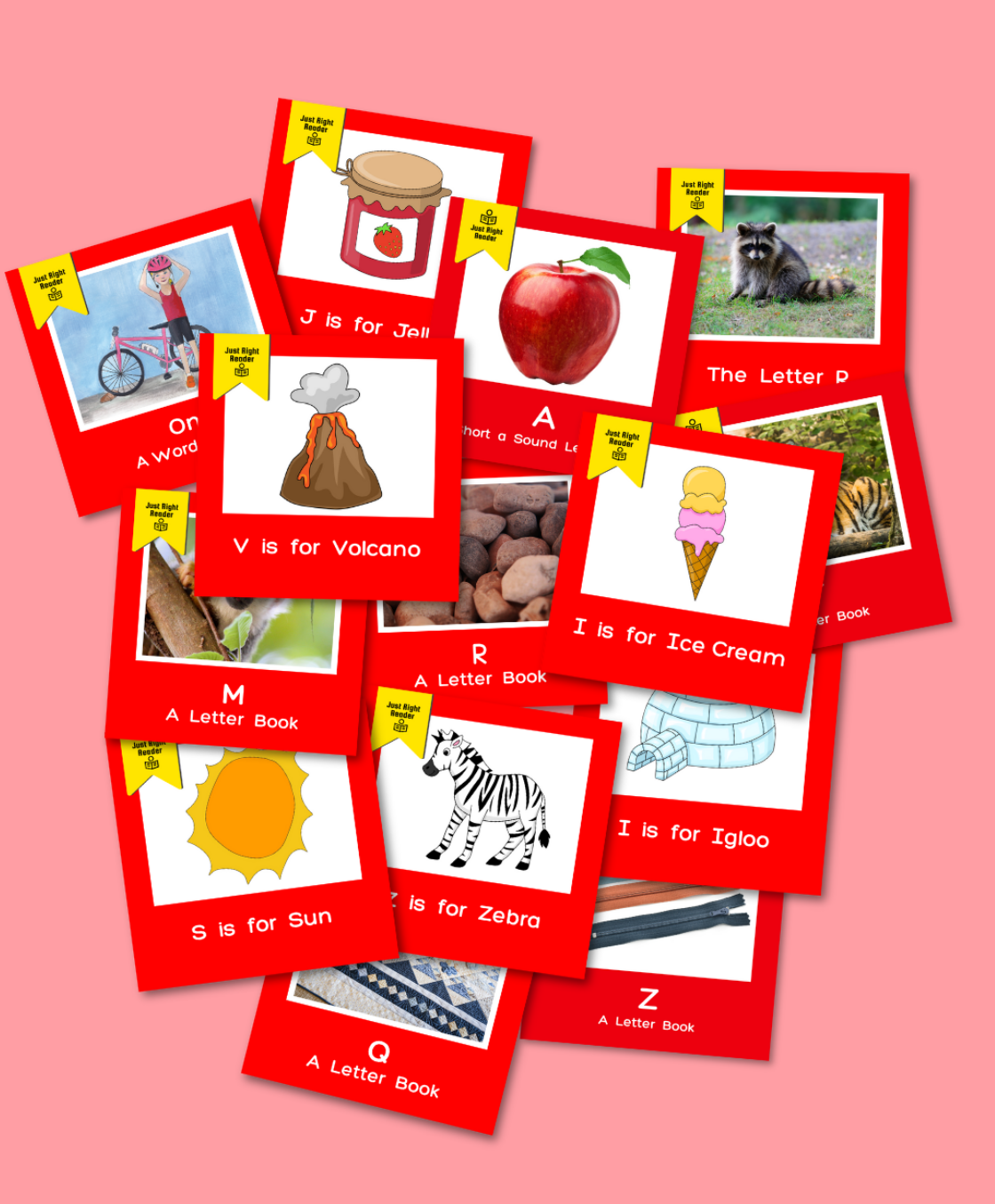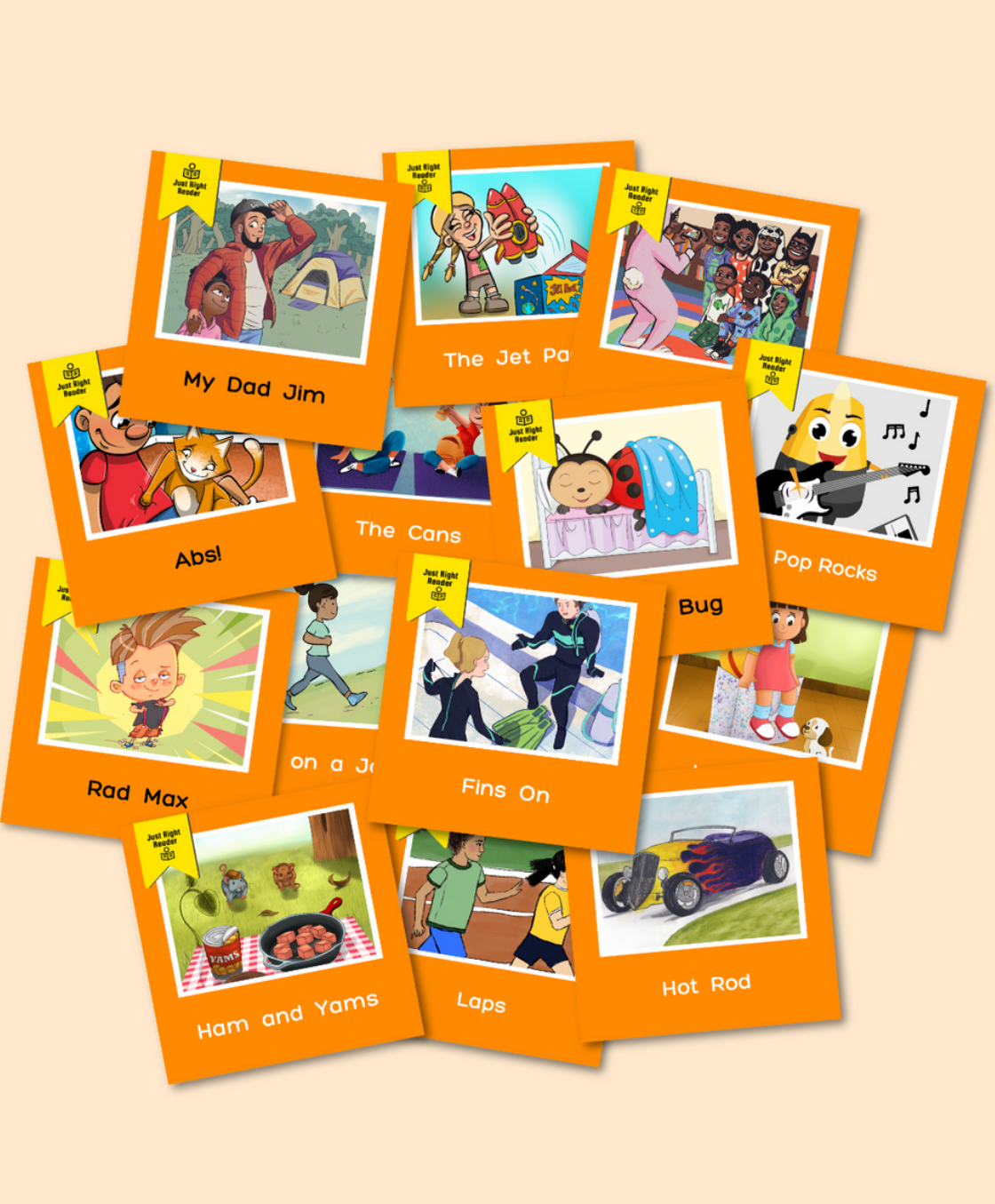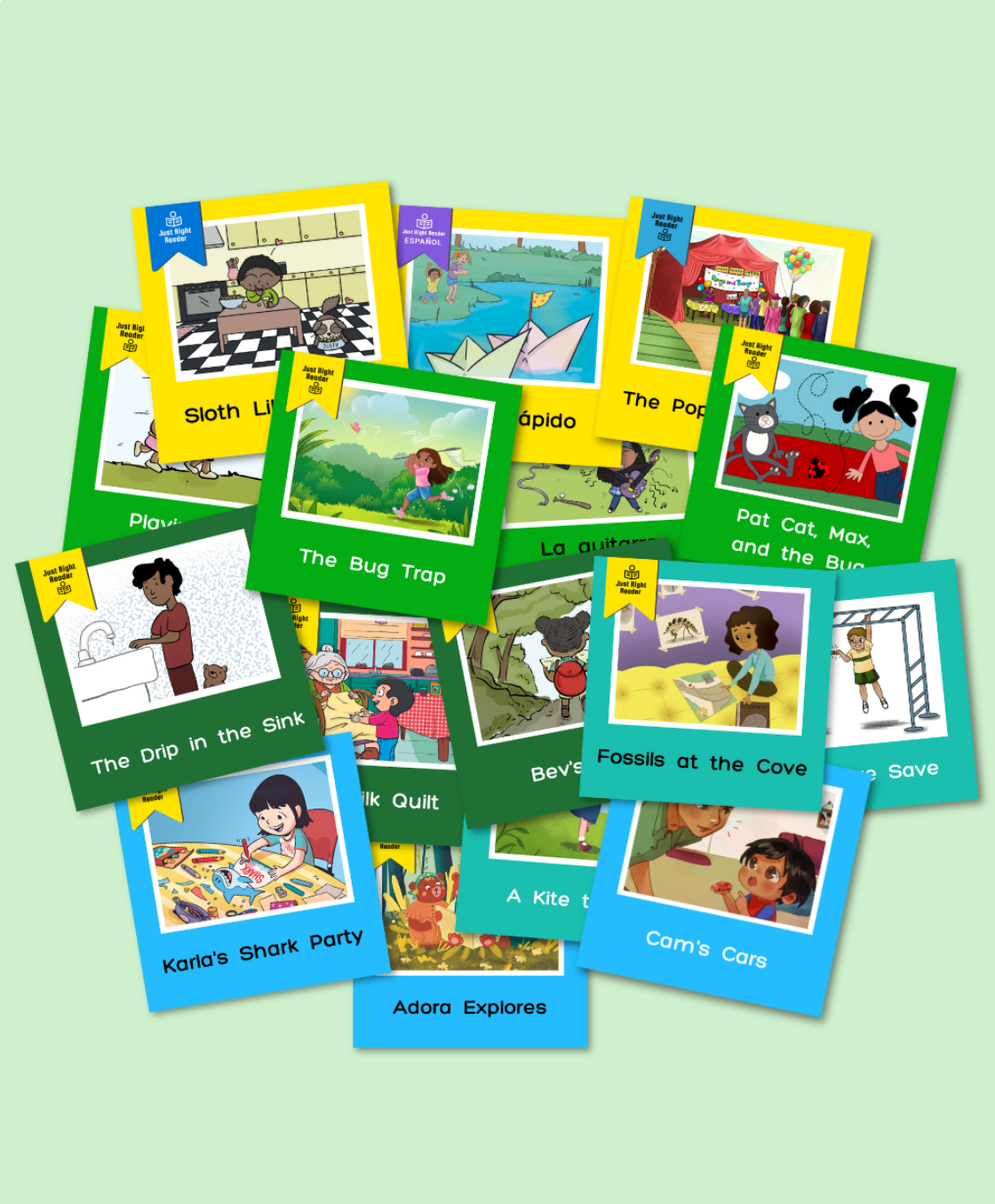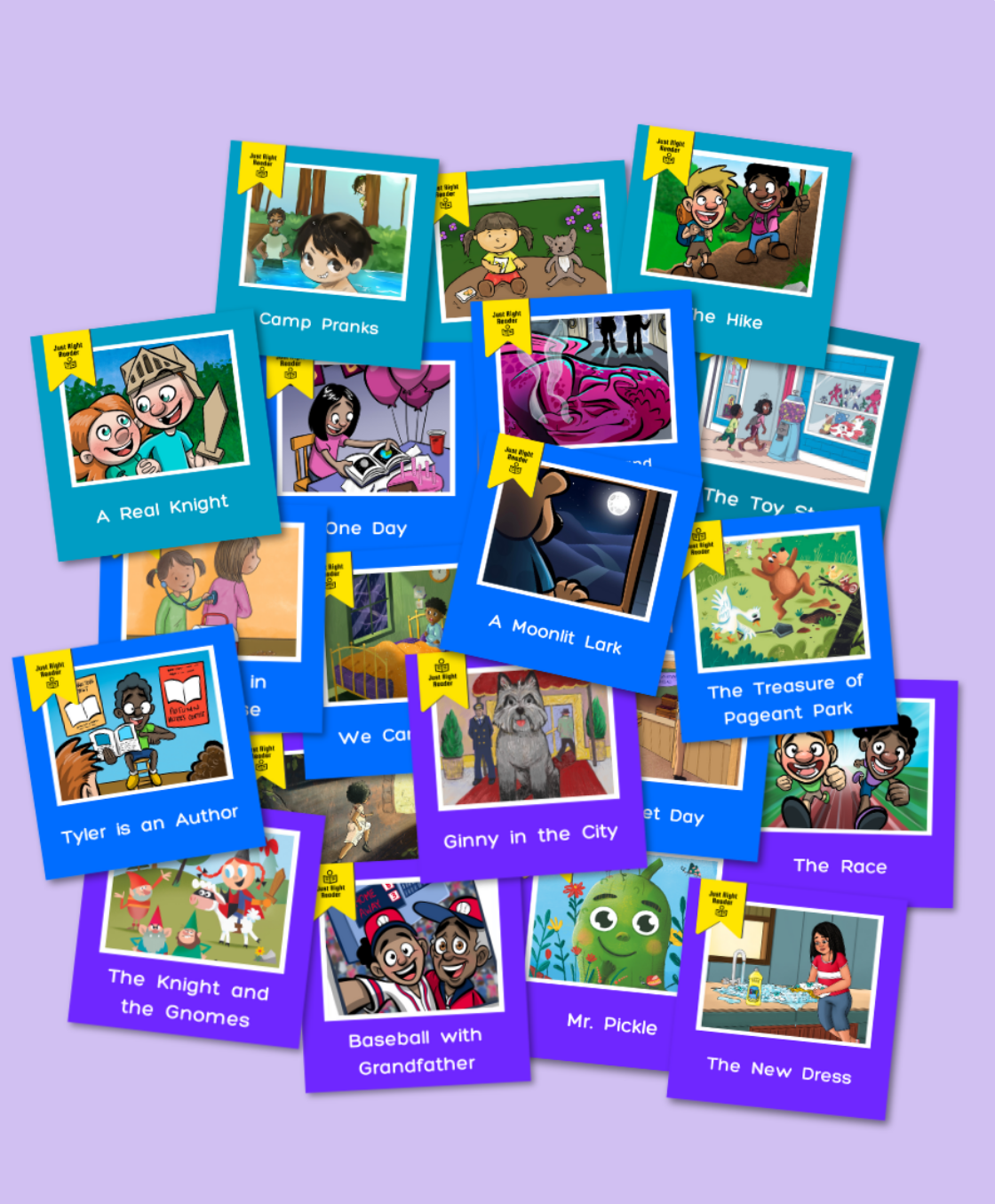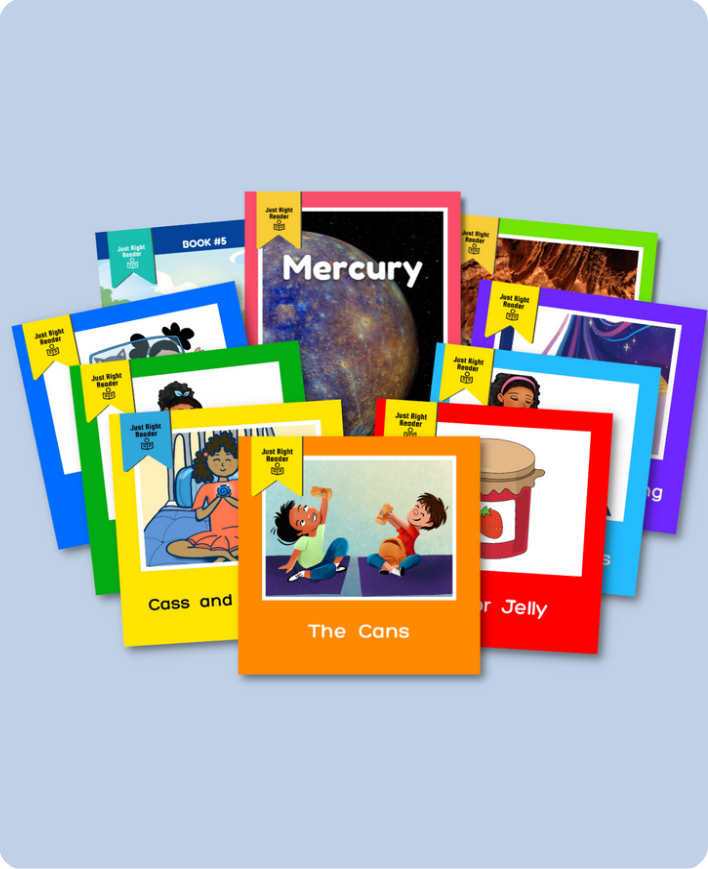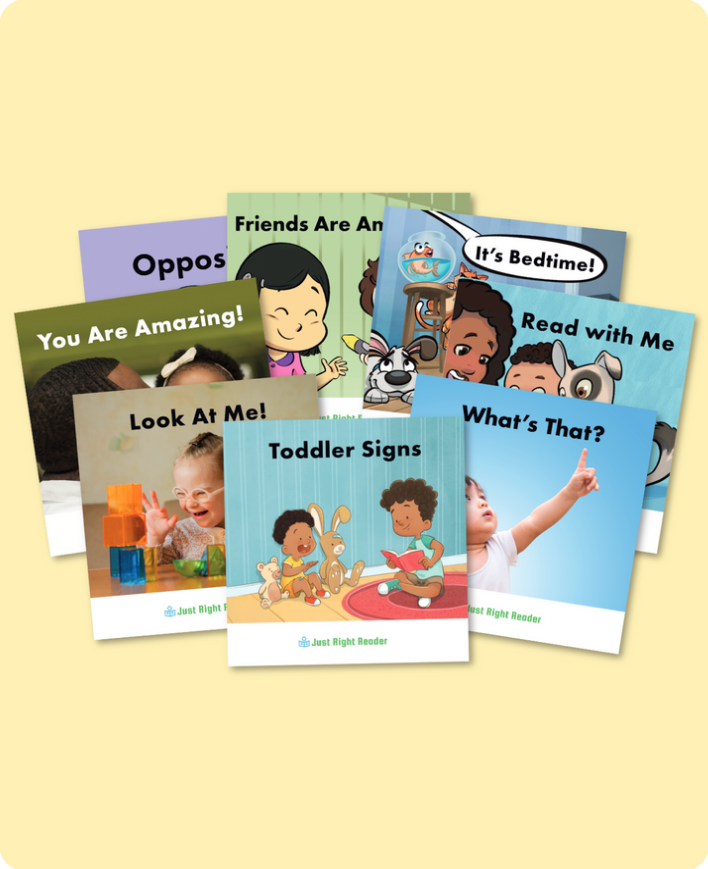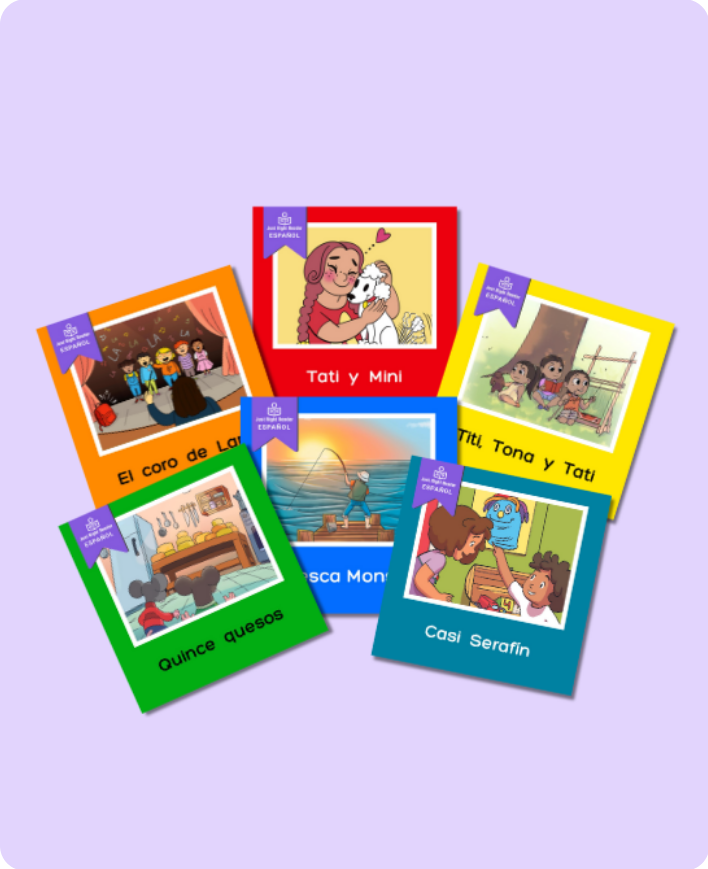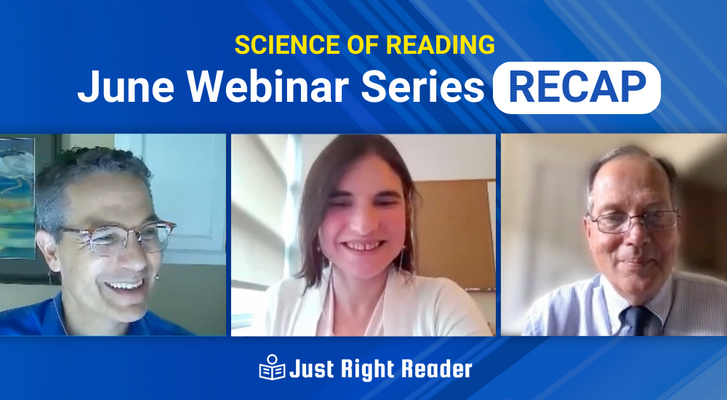
Every year 3rd-5th graders learn hundreds of new words as they become more advanced readers. In upper elementary, explicit decoding instruction becomes crucial as students encounter longer multisyllabic words they have never seen or heard before.
How do we set our students up for success as they navigate the world of new and complex words?
3 Decoding Strategies to Support Developing Readers
Dr. Laura Tortorelli, Associate Professor at Michigan State University, recommends using three decoding word activities to support developing readers.
Use Explicit Syllable and Morpheme Instruction
Carve out time in your literacy block for explicit syllable and morpheme instruction and practice.
Let's review:
Syllable: a single unit of pronunciation having one vowel sound
Morpheme: smallest units of meaning, like prefixes and suffixes
Start by teaching the common syllables and morphemes that repeatedly show up in texts.
- Syllables like ‘ber,’ ‘ex,’ and ‘ple’
- Morphemes like ‘able’ and ‘ing’
- Derivational morphemes (prefixes and suffixes that change the meaning of the word in a significant way)
Some examples of teaching derivational morphemes include changing 'revolve' into 'revolution' or 'comfort' to 'discomfort'.
With practice, students automatically begin to use what they know about syllables and morphemes to decode new words, store them into memory, and successfully read more challenging words and texts.
Learn more about the importance of teaching morphemes:
Teach the Every Syllable Has At Least One Vowel Approach
Developed by Rolanda O’Connor, this strategy helps students slow down and pay attention to the multisyllabic words they are reading.
Teach students these steps: Image source: Symposium on 3 Strategies to Accelerate Reading for 3rd – 5th Grade Developing Readers
Image source: Symposium on 3 Strategies to Accelerate Reading for 3rd – 5th Grade Developing Readers
Let’s see the strategy in action.
Word: rotation
- Underline vowels and join vowel teams: rotation
- Identify known word parts: rotation(you may have already taught your students the suffix ‘tion’)
- Count the number of expected word parts and break them into parts: ro+ta+tion
- Try a pronunciation of the word and see if it makes sense.
Learn more about using this strategy:
Implement Wide Reading
Wide reading is used to provide students with the same level of support each day (i.e. echo reading) but through a variety of texts that include multisyllabic words.
You can enhance this strategy by choosing different texts that focus on one topic area, like animal habitats or the solar system. By reading multiple texts about the same topic, students develop content area vocabulary and build background knowledge.
Wide reading:
- Supports fluency
- Increases student motivation and engagement because the texts are changing
- Exposes readers to more content specific vocabulary words
- Develops background knowledge

Image source: Symposium on 3 Strategies to Accelerate Reading for 3rd – 5th Grade Developing Readers
Learn more about the wide reading strategy:
Support Developing Readers With Just Right Reader High-Interest Decodables
Dr. Tortorelli stresses the importance of providing students withword reading instruction, like the three strategies mentioned above, and plenty ofopportunities to practice with connected text, likeJust Reader High-Interest Decodables.
Just Right Reader High-Interest Decodables build confident readers, giving them advanced phonics practice through an authentic reading experience. Engaging topics make reading fun and motivate students as they practice decoding multisyllabic words.
By creating a focus on advanced phonics instruction in upper elementary grades, we continue to bridge the gap between early reading development and more advanced, independent reading as our students become more confident readers.
Reference
Dr. Tortorelli, Laura. Associate Professor at Michigan State University
Symposium on 3 Strategies to Accelerate Reading for 3rd – 5th Grade Developing Readers, August 23, 2023.
